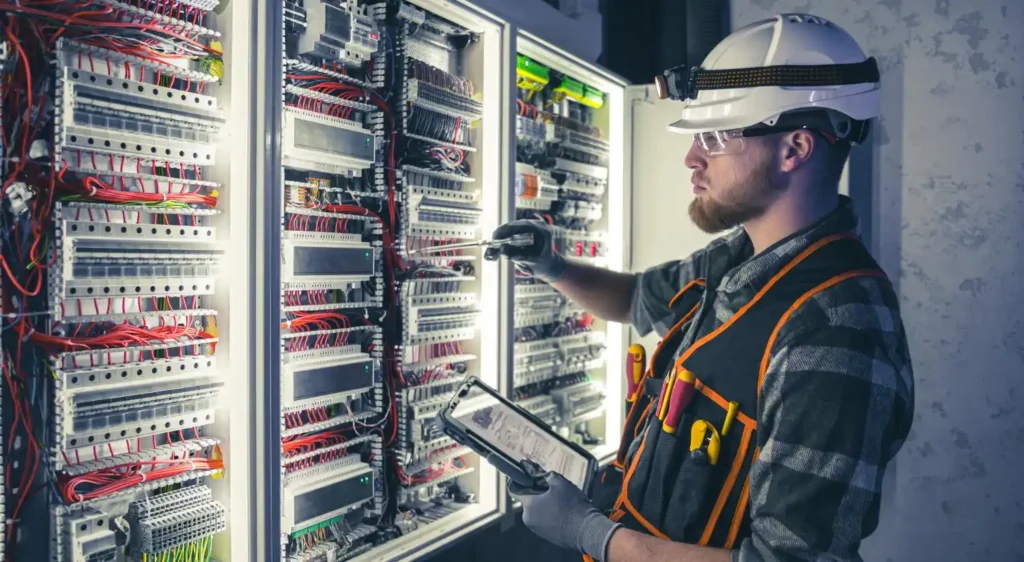The announcement is included in Heat Networks: Ensuring Sustained Investment and Protecting Consumers.
The plan to introduce regulation follows and aligns with recommendations made by both the Competition and Markets Authority (CMA) in its Heat Network Market Study, and by industry through the Association for Decentralised Energy’s (ADE’s) Heat Network Industry Task Force.
The ADE supported the CMA with its market study and shared its heat network customer protection policy recommendations as part of its work. This included a recommendation for a regulatory framework that reduces investment risk for heat network developers by addressing the crucial issue of demand risk, and also ensures excellent customer outcomes in price, contract length and structure, and competition.
“This announcement is a win for customers and a win for industry which, through the ADE, has been advocating for regulation for the past year,” said ADE director Dr Tim Rotheray. “Government has recognised that creating a market that protects customers and reduces investment risk are two sides of the same coin and that a well-considered regulatory framework can support the creation of such a market.
“In proposing a framework that tackles investment risk and assures customers of the level of service they will receive, government is putting the appropriate steps in create a self-sustaining, cost-effective market that will benefit all.”
As well as welcoming the work of industry to-date in driving up standards, the report highlights that developing an effective heat networks market framework that works for investors and consumers now and in the future will require close working with a range of parties. As part of this, Government will continue to engage with a range of stakeholders, including the CMA and the heat network industry. It aims to consult on policy options for the framework in Summer 2019.
“Government has rightly expressed its desire to consult on the framework and look at learnings from other countries where the heat network sector is more established when developing this framework,” said Dr Rotheray.
“The heat network market is very different to the electricity and gas markets and we hope that Government continues to bear this in mind as it develops the regulatory-framework over the coming year.
“The ADE looks forward to working with Government over the coming year to ensure that forthcoming regulation is fit for purpose.”

